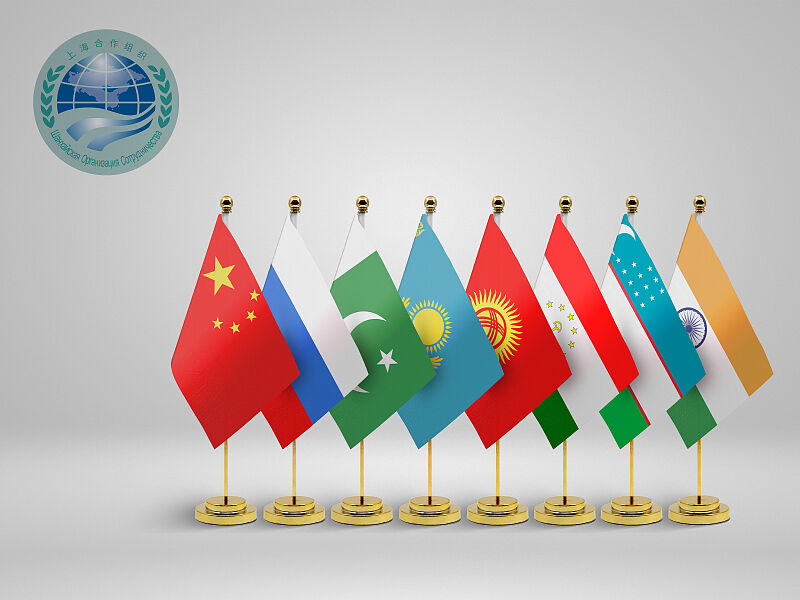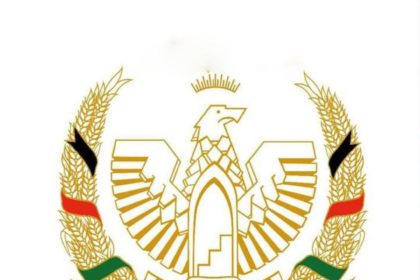RASC News Agency: The Taliban has confirmed that the People’s Republic of China has formally invited its representatives to participate in this year’s Shanghai Cooperation Organization (SCO) summit an invitation that underscores Beijing’s continued efforts to legitimize and deepen its strategic engagement with the regime now controlling Afghanistan. The Taliban’s Ministry of Foreign Affairs, in an official statement released on Sunday, announced that the group held diplomatic discussions with Chinese officials concerning the expansion of bilateral cooperation across political, economic, and cultural sectors. Both sides reportedly emphasized the importance of strengthening long-term strategic ties and enhancing regional collaboration.
Mohammad Naeem, Deputy Minister of Finance and Administration at the Taliban-run Foreign Ministry, met with Chinese Ambassador Zhao Xing in Kabul, expressing gratitude for China’s invitation to the SCO forum. According to Taliban sources, Ambassador Zhao reaffirmed Beijing’s commitment to maintaining robust relations with Afghanistan under Taliban rule, citing these ties as pivotal to both bilateral cooperation and regional security stability. China stands among the few major powers to have maintained and formalized diplomatic relations with the Taliban following the collapse of the internationally recognized government in 2021. Since the Taliban’s return to power, Beijing has kept its embassy in Kabul operational and has strategically increased its footprint in the country especially in sectors aligned with its global Belt and Road Initiative (BRI), including infrastructure development, resource extraction, and security cooperation.
Afghanistan had previously held observer status within the SCO, but that participation was suspended following the Taliban’s takeover. The renewed invitation signals a shift in China’s regional foreign policy posture one that appears increasingly pragmatic, transactional, and strategically motivated, prioritizing geopolitical influence over democratic accountability or human rights. According to Chinese and SCO officials, the 25th Summit of the Council of Heads of State of the Shanghai Cooperation Organization is scheduled to take place in the latter half of 2025 in the People’s Republic of China. Should Taliban representatives attend, it would mark a significant, if controversial, step toward regional normalization of the group’s political status despite its ongoing international isolation, draconian domestic rule, and widespread condemnation over human rights violations, particularly concerning women, ethnic minorities, and political dissenters.
China’s continued engagement with the Taliban reflects a broader trend among regional powers opting for realpolitik over principled diplomacy. While the Taliban views participation in multilateral forums as a pathway to legitimacy, the broader implications of such recognition raise urgent questions about the future of international norms, the role of authoritarian regimes in global governance structures, and the cost of sidelining human rights in favor of strategic alliances.






